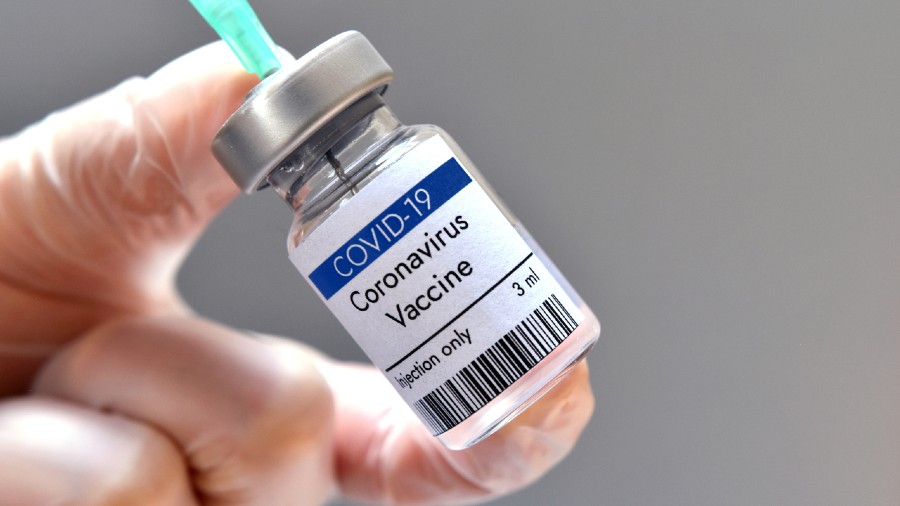A vaccine, under ordinary circumstances, has implications for the realms of health and medicine. But these are not ordinary times. The transformation of Covid-19 vaccines into a tool of diplomacy is a testament to the uniqueness of the hour. It has been reported that Israel obtained the release of one of its prisoners after agreeing to finance an unspecified number of coronavirus vaccines for its adversary, Syria. India, too, has not been averse to use ‘vaccine diplomacy’ to its advantage. New Delhi has bolstered its regional and international standing by sending free Covid-19 medication to Nepal, Sri Lanka, Bangladesh, Myanmar, Afghanistan and Seychelles. That India remains keen to maintain this momentum was evident from the prime minister’s welcome comments that were made at a recent workshop that was attended by health and diplomatic representatives of a number of Asian nations, including — significantly — Pakistan. Addressing the event, Narendra Modi suggested a number of collaborative steps, including the creation of a regional platform for collating and examining Covid-19-related data, a special visa scheme for doctors and nurses that will be operative in the region as well as an air ambulance for the neighbourhood. India’s neighbours were reportedly receptive to these proposals. If a consensus were to emerge on the matter, it would not only lead to the sharing of knowledge but also generate considerable goodwill that would impact bilateral engagements in a positive manner. What makes sharing of resources among Asian nations all the more important is the concern that the developed world, given its deeper pockets, is likely to have a monopoly over Covid-19 doses, reducing the latter’s access to developing nations and poor countries.
Of course, the vial as diplomatic capital is not an innocuous proposition. New Delhi’s decision to send vaccines to other countries is a gesture that is as much humanitarian as diplomatic. For Beijing, New Delhi’s principal rival, is also in the fray, sending coronavirus medicines to nations near and far. This rivalry, however, is likely to be compensated by the replenishment of the spirit of multilateralism through vaccine diplomacy. Mr Modi’s idea of a shared pedestal to take on the pandemic has the potential to become a truly broad, representative Asian alliance, leading to a possible reduction in mutual animosities. New Delhi should pursue these proposals earnestly.











